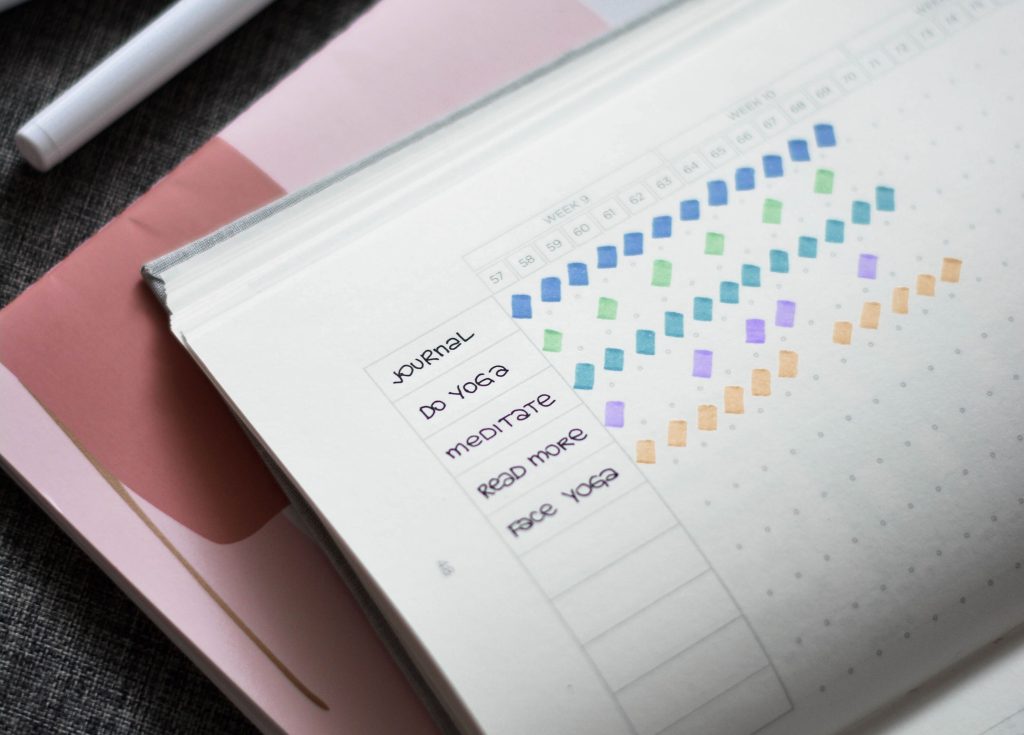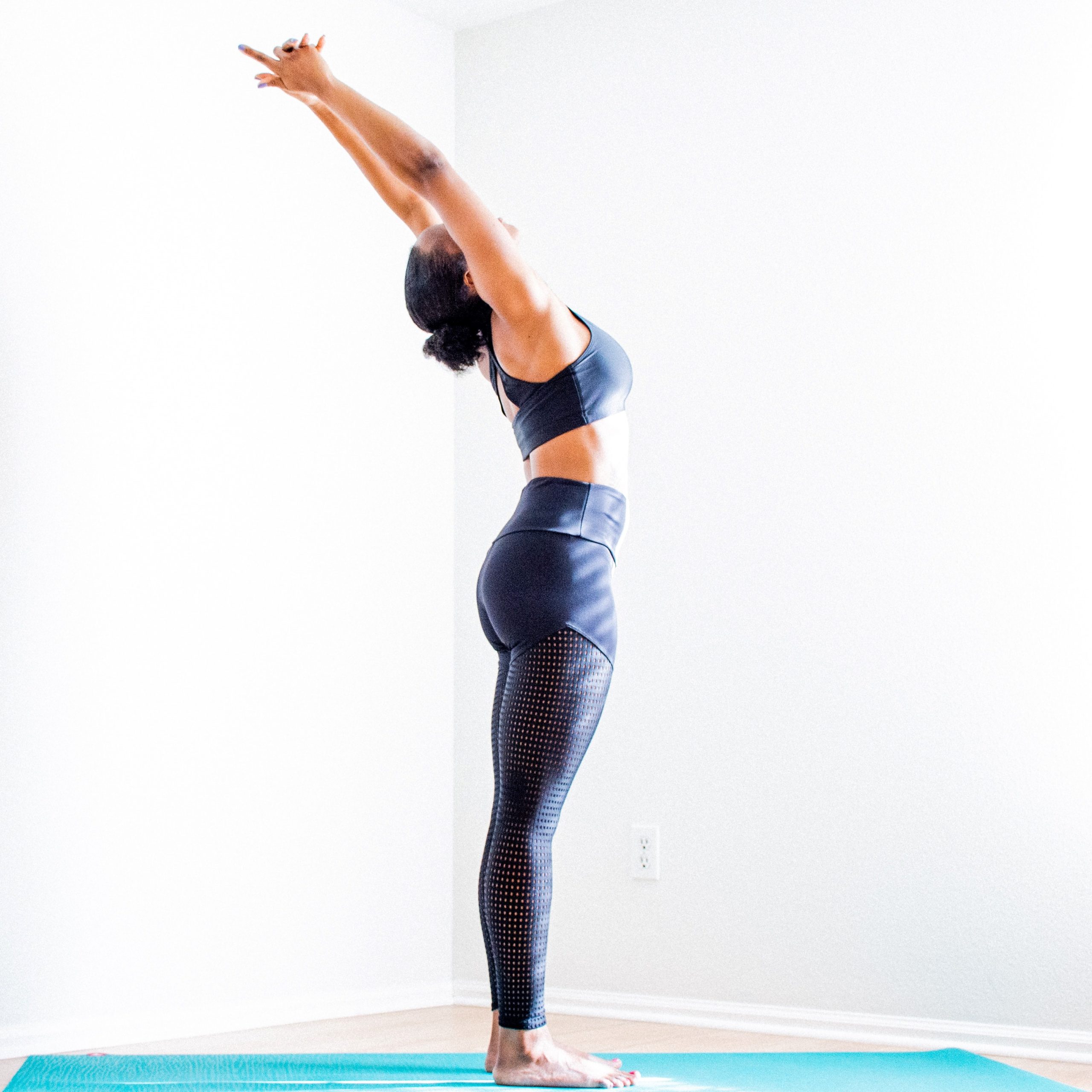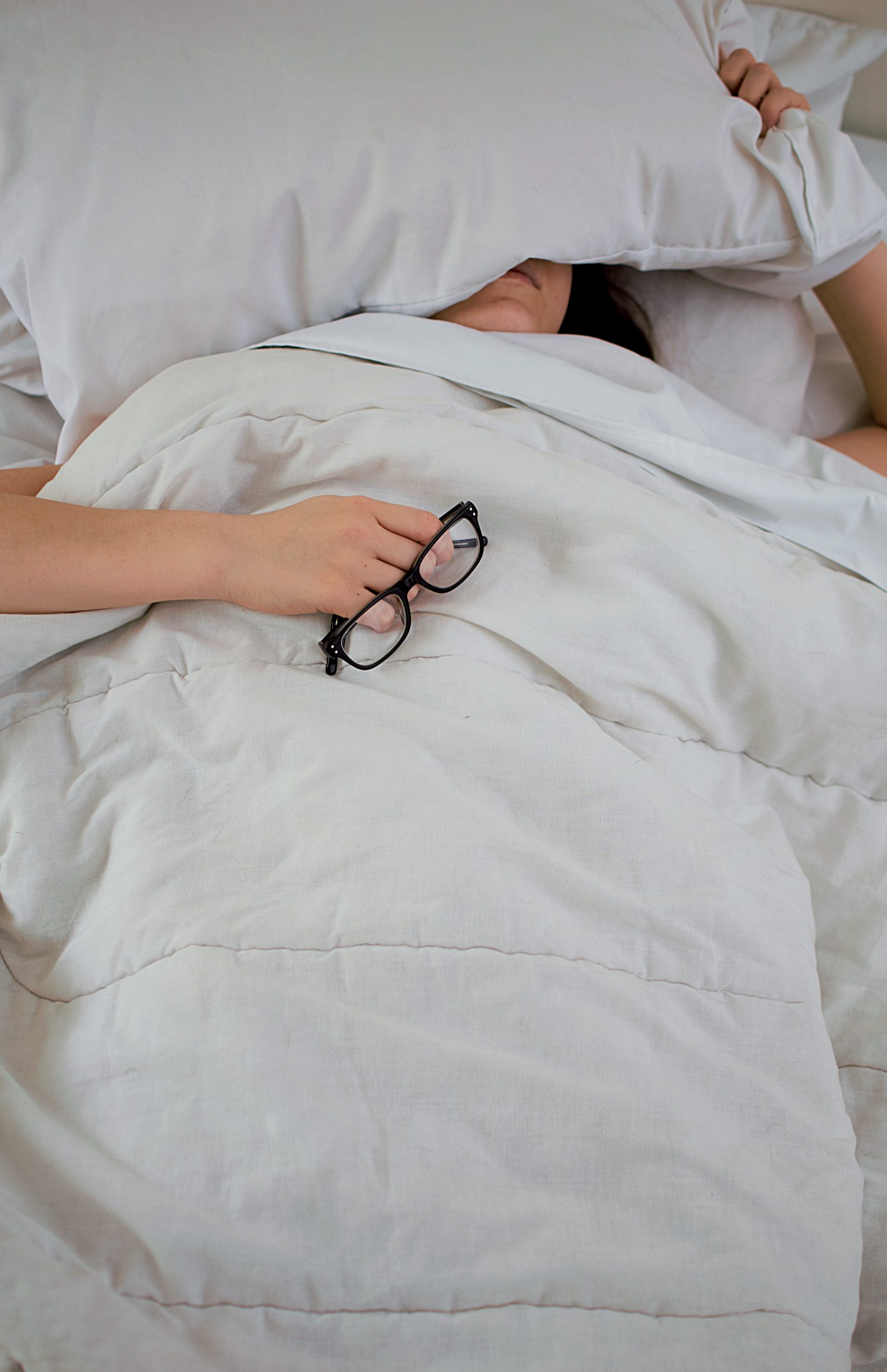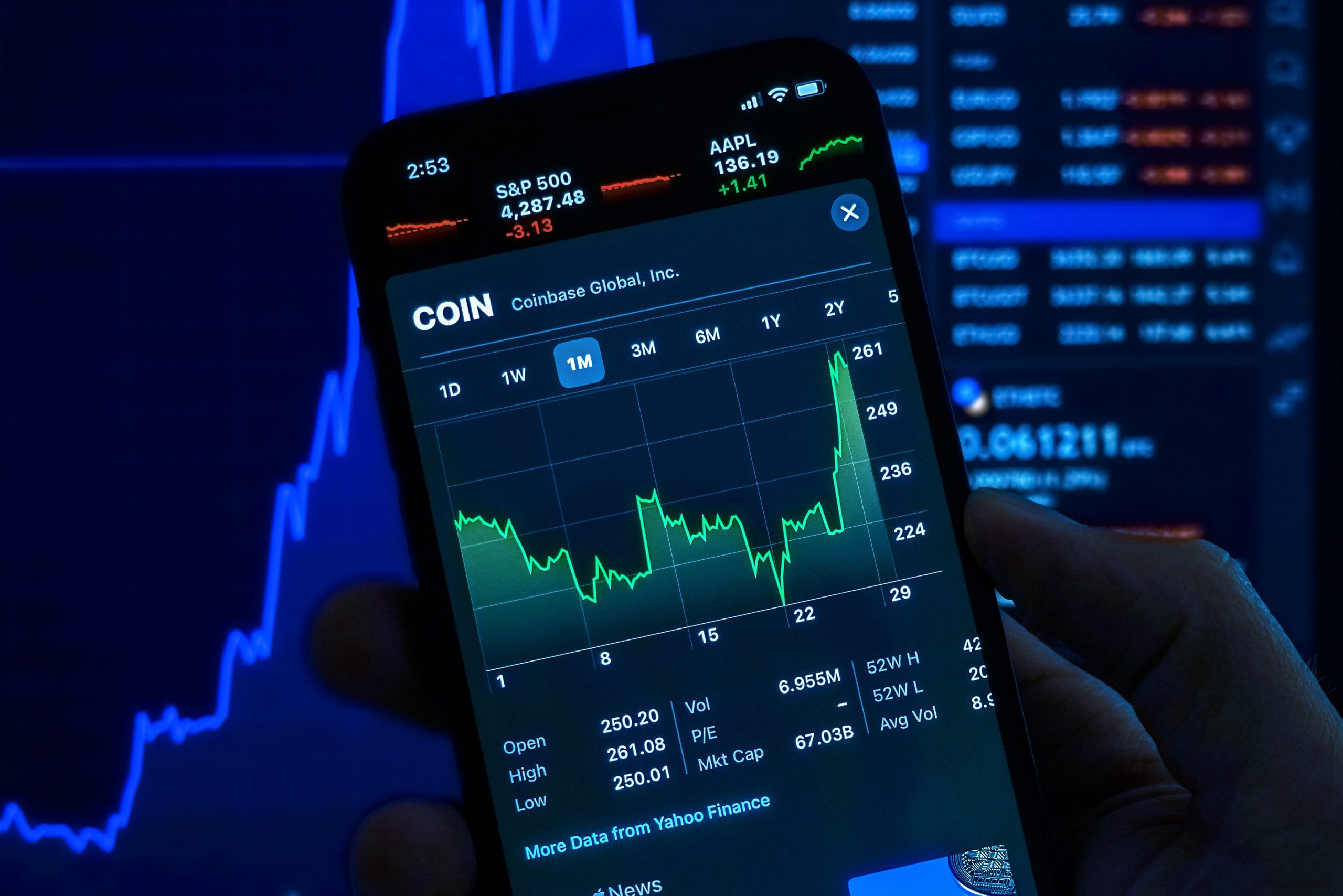You’ll likely have seen them advertised, or perhaps you use one: habit tracking apps that can fix bad habits and encourage good ones; improve health and productivity and generally enhance your lifestyle. They allegedly make you the best version of yourself that you can be.
Depending on the app there are several methods they use. Some game-ify keeping track of habits (game mechanics are used as motivational tactic), and reward users/players when they achieve goals. Others relate the process of habit tracking to a work environment, visually displaying habits in graphs and spreadsheets. Then you have the motivation of other users, where individuals can compare and compete with others, their attention being the driving force behind self-improvement. However, all these apps have a fatal flaw: they keep you on your phone – one of the main sources of bad habits and lack of productivity.
Why are they taking off?
We live in an increasingly busy world, and we too often allow our basic human needs to fall by the wayside. We’re told we don’t drink enough water, exercise enough, eat correctly or get enough hours of sleep. Our attention is dragged between work, school, relationships and other obligations, leaving little time or energy to spend on ourselves. Everything around us is a distraction, and we’re left to feel guilty that we’re not “doing better”. So, when an app comes along claiming it can get us back on track, we eat it up with enthusiasm. Now we can micromanage our lifestyles! Logging in our phones every time we eat, drink, sleep, move, breath. We can keep our fuzzy distracted selves in check. And then we can share on our socials just how well we’re doing now, and encourage others to follow suite.

So they’re helping us to better ourselves. What’s the problem?
There are a couple of issues with the use of these apps. Firstly, it glosses over the major problem that a lot of our distraction and loss of productivity is caused by our phones. In her article ‘How Many Years Are We Wasting on Social Media?‘ for Medium, Ayomide Ojebuoboh calculates the average total amount of time someone would spend on social media throughout their lives, the result being 17.71 years. This may seem like a shocking figure, but it shows just how much time we’re wasting without even realising it. The habit tracking apps may not count as social media, but just being on your phone encourages you to go into other apps. You’re seeing notifications and messages waiting for you, and whilst you’re at it you may spot something interesting on your feed, and then you’re stuck scrolling. If you’re constantly logging habits, you’re constantly on your phone.
Then there’s the direct added pressure of social media. We’re familiar now with social media’s negative effects on our self-esteem and mental health. Not only is it a distraction, but encourages us to compare our lives with others. But the lives we see on social media aren’t realistic representations, and we shouldn’t compare them to ours. Many habit tracking apps encourage this comparison with other users and sharing to social media though, as a form of motivation. But is the shame and embarrassment of public failure a desirable motivational method?
Lastly, we always encounter the issue of privacy with these kinds of apps, where we’re often inputting detailed personal data, while lacking in depth knowledge about what companies are doing with data. Of course their fine print will probably have this information. However this can be, and often is, overlooked by users, who just assume their data will be safe. Do we want companies to be knowing exactly what we’re doing, all day every day?
Are there better ways to fix your lifestyle problems?
A simple swap away from habit apps would be to do the same premise on paper. Track the same habits as before but away from your phone or computer. You could make a wall chart; a bullet-journal you can design yourself; add to your regular diary; whatever you have around that works for you. The main point is that you are not constantly being encouraged to go back to your phone. The less you’re on your phone, the less temptation you’ll feel to “quickly” check your messages, emails and feed whilst you’re on there.
If your path to healthy habits requires accountability, rope in someone in real life to help you. For example, if healthy eating is the problem, you can swap recipes with friends, cook for family and housemates, or have people around for dinner parties or potlucks. Make the experience social and fun. If exercise is the problem, try finding walking or running groups, maybe fitness classes. Or, you could set goals with friends, like training for a 10K or completing a hiking route. And, if you don’t have anyone in your life to share these things with, LifeBonder is the service you need. Our aim is to help you find like-minded people you can do activities just like this with, expressly offline and in the real-world.
So, my belief is that these apps are not going to be helpful to the majority in the long run. If we really want to build a better lifestyle for ourselves we’ll need to stop living our lives online through our phone screens and tracking apps, but instead in reality, where we can be our true selves and get our minds clear.




